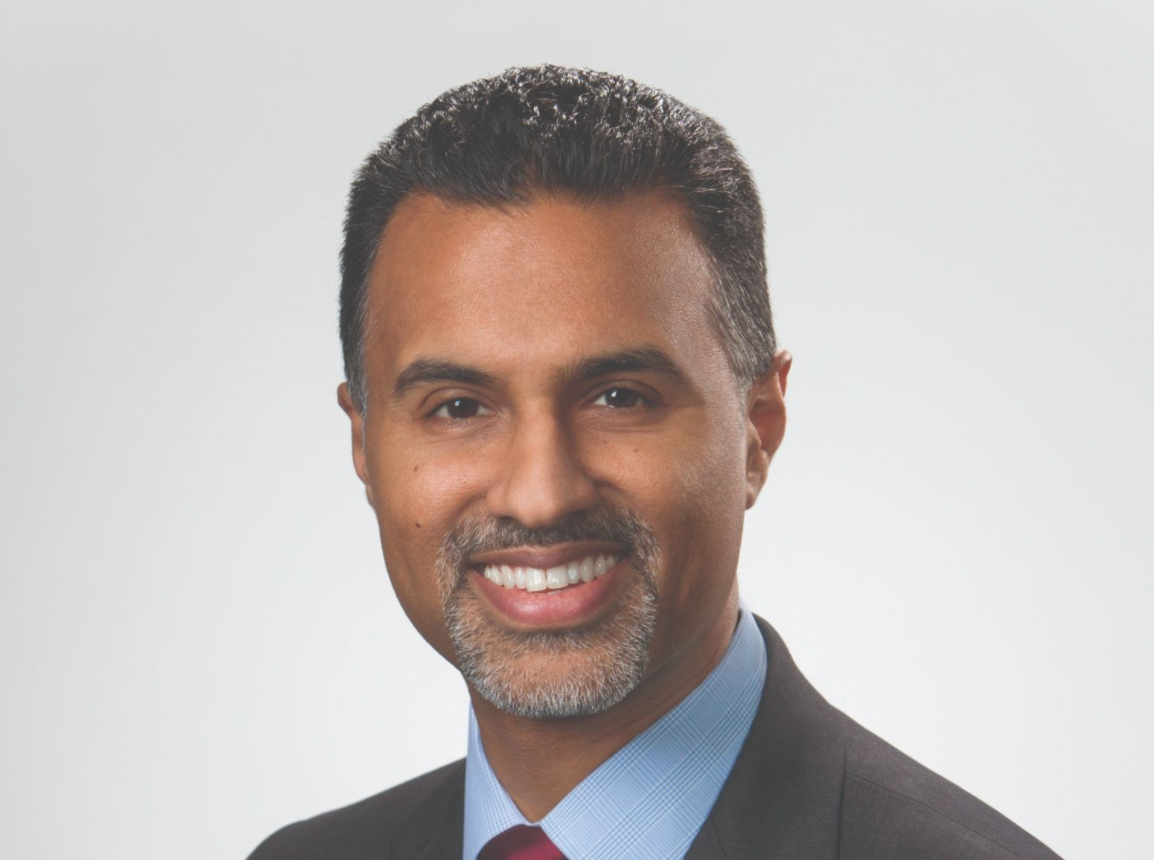Why do you do what you do?
I was having dinner with a friend and colleague a few years ago, and he asked me a question: “Why do you do what you do?” I pondered the question and provided an incoherent, unconvincing response. He replied eloquently and succinctly. His “why,” his purpose, was profound and expansive. But it wasn’t my “why.” I walked away from that dinner feeling somewhat inadequate with a sense of incompleteness. I resolved to spend time striving to figure out what my own purpose was. Over the course of a year, a year of introspection, I sought to determine what it was that truly motivated and engaged me.
I was born in the U.K. to immigrant parents. My father essentially was a refugee who migrated from India to Pakistan after the country split in 1947, and my mother was born in Trinidad in the West Indies. They made their way to the United Kingdom in the 1960s in search of work and careers where they met, which is why I ended up being born in London.
For those of you who have seen the movie Blinded by the Light, a 2019 British comedy-drama film directed by Gurinder Chadha, you’ll get the picture of the U.K. during my childhood (without the spontaneous singing). Children of color born to immigrant parents offered a societal clash with the white population who had been there longer, and I distinctly recollect my mother repeatedly saying, “You have to work twice as hard as someone who is white” to succeed. That instilled a strong work ethic in me and, coupled with family financial troubles that caused us to lose our house and be placed on a public housing list, that only reinforced the importance of hard work to avoid ever being put in that position.
Coming to the U.S. in 1997, I was struck by the meritocratic work environment, where hard work and results correlated with opportunity and career progression. At the time, barriers to progression as a result of the color of your skin, gender, age, and class seemed less apparent than in the U.K.
It all appeared very simple… a mathematical formula that suggested happiness results from hard work.
Now, coming back to that question raised at dinner with my friend, “Why do you do what you do?” My year of introspection made me realize that my satisfaction, a deeper level of satisfaction, came from helping others. I was involved in our D.E.I. efforts and got more involved in seeking to attract a more diverse workforce to Willis Towers Watson. I also got involved in teaching and mentoring high school students. And within our company, I was more cognizant of the impact I could have on others in a profound way. I was finally able to crystallize my purpose and defined it as “to unlock and unleash the power and potential in others so that they can realize their own purpose.” I know during times of intense periods of work and life that unless I can feed my purpose, I lose my way.
It’s funny how once you see something that you’ve been missing, you begin to notice it everywhere. I came across an idea called Ikigai, a Japanese concept referring to something that gives a person a sense of purpose, a reason for living. It’s shown graphically below. I view it as a lifelong quest — we may not get to the destination, but by asking these questions and thinking deeply about the responses we can experience a sense of purpose. It’s about being intentional.
I decided to show the graphic and engage in discussion with my two high school children at the time. My daughter, in particular, gravitated to it. She printed it out and has it stuck to her shelf above her desk. As I reflected on what my mother said, “You have to work twice as hard as someone who is white,” I didn’t want my children to singularly embrace that same ethos. They, too, are children of immigrant parents, but they’re now aware of something deeper than work ethic… that of purpose.
So where am I now? Purpose is a lifelong quest and it evolves, but its importance is constant. I’ve thought more about it over the last 18 months during the pandemic and while “worth ethic” and now “purpose” drive me, I’ve also appreciated the importance of “joy.” Being cognizant of those moments of joy allows you to be present. And it’s simple things such as looking out on the backyard with a cup of tea in hand, or listening to a piece of music and being transported to another place, or watching soccer with your children and experiencing collective joy when Liverpool score at Anfield, or more profound things such as having a meaningful, substantive conversation with a family member, friend, or colleague that creates a lasting connection.As a result, my purpose has now evolved further… “to unlock and unleash the power and potential in others so that they can realize their own purpose, while experiencing moments of joy along the way.”


